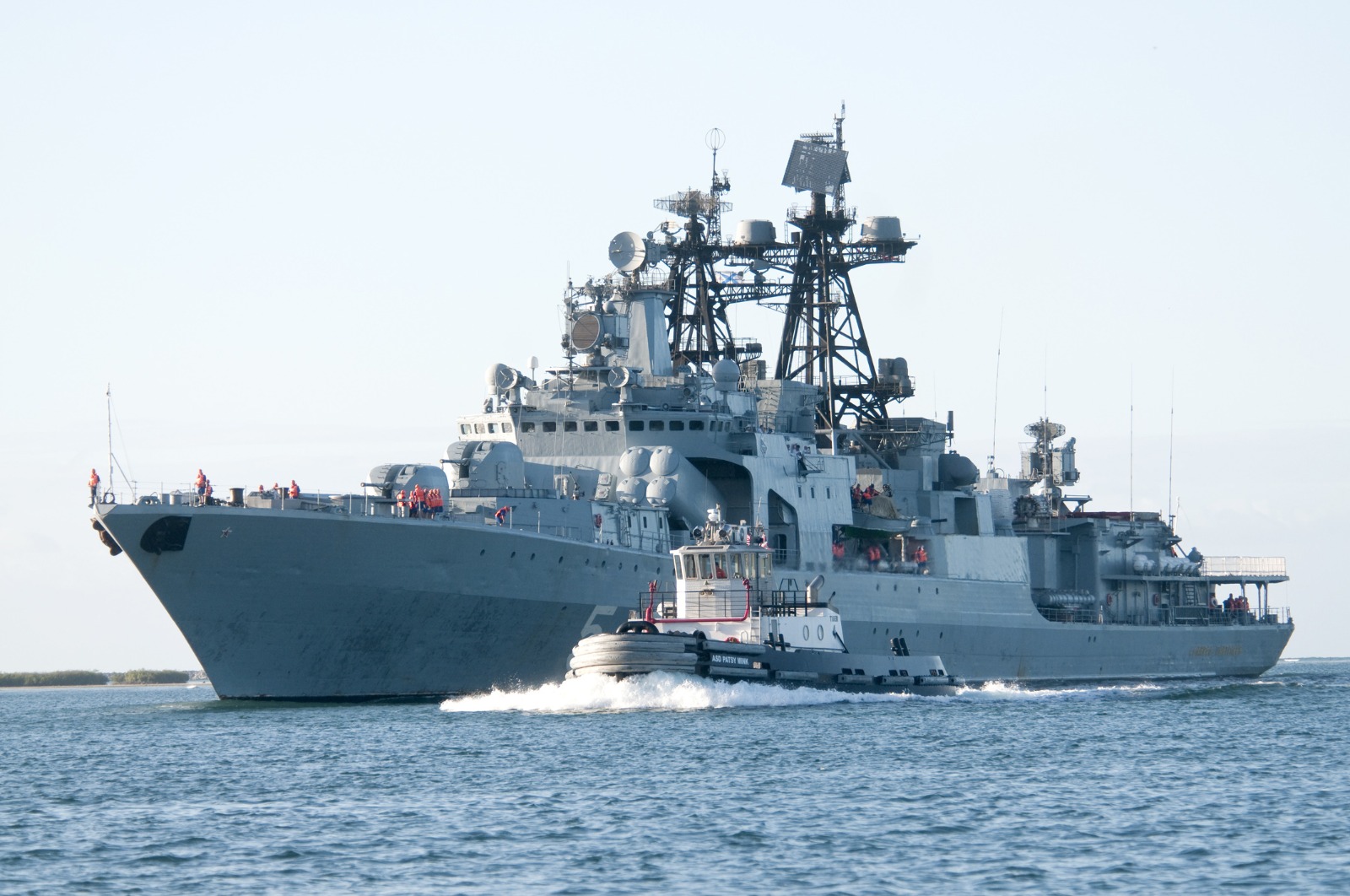Sections of Western political analysts think Russia’s more than a year of military engagement in Ukraine has exhausted her patience, leaving little chance of re-imposing her ambition of great power status. This inference is drawn perhaps from the global strategy involving the Indo-Pacific region.
When discussing the Indo-Pacific region, attention generally rivets on the Quad-4, AUKUS, ASEAN, etc. The overall picture is that of the US and its allies building a bulwark against China in the Indian and South China Oceans. The Russian Federation’s role is given secondary importance.
The reason is that the Western media has built a narrative to say that Russia does not merit being called “Great Power” because Moscow has not been able to make any headway in its military action against Ukraine —- the American and NATO proxy in East Europe.
If this is the measuring rod for determining the status of a Great Power, what do these analysts say about the US vis-a-vis its ignoble exit from Vietnam or, more recently, from Afghanistan? The greatness of a nation goes beyond its military might.
The Provocation
Last month, Russia held its first joint naval exercise with Myanmar and docked warships in Bangladesh’s waters for the first time in five decades. It was rather shocking for Russia’s adversaries because they interpreted it as Russia’s move to bolster its role in the Indian Ocean region.
They jumped to a far-fetched conclusion that Russia’s visibility in the Indian Ocean would be an irritant for India, which is basking in the warmth of American patronage. Such a presumption is the residue of colonial mentality. They forget that in the Bangladesh war of 1971-72, Russian warships had closely followed the American Enterprise that had entered the Bay of Bengal to threaten and contain India.
The problem of these analysts is that they look at Indo-Russian relations from the narrow prism of war strategy and the status of a country by supporting or not supporting the Western line of thinking. India has never sought hegemony in the Indian Ocean.
Her policy is that the Indian Ocean is a very important and strategic region for security, trade, and commerce, and its waters should remain open to all. Any country’s obstruction to the freedom of movement in the IOR is not acceptable to India.
When did Russia give any hint that it intends to obstruct the freedom of movement of ships in the IOR that would irritate India? Nor has India ever expressed any “ambition” in the IOR, which would come into clash with Russia. Indian naval ships have never violated the international commitments to oceanic culture.
Anti-Russian elements are using the same logic to create disinformation in respect of the Russian-Chinese strategic relationship. For example, Richard Rossow, senior adviser and chair in US-India policy studies at the Centre for Strategic and International Studies in Washington, said, “As it (Russia) engages more deeply with China on regional issues, having a large global force presence will be important so Beijing sees Russia as a peer, rather than a fading power.”
The Exercise
The November 7 – 9 naval drills in the Andaman Sea were stated as “the first Russian-Myanmar naval exercise in modern history.”
That is a historical reality. Two anti-submarine ships, the Admiral Tributs and Admiral Panteleyev of the Russian Pacific Fleet, took part in the exercise alongside a frigate and a corvette from Myanmar’s navy.
Days after the exercise, the same Russian warships docked at Bangladesh’s Chittagong Port in the Bay of Bengal, marking a huge milestone for Russia-Bangladesh relations”, according to the Russian embassy in Dhaka. Rossow says such moves on the part of Russia indicate that Moscow wanted to maintain the “perception” of being a global power.
Yun Sun, China program director at the Stimson Centre security think-tank, wrote in an article published by the foreign–policy analysis platform War on the Rocks last year, “When China looks at Russia, it sees a nation torn between great-power ambitions and weak capabilities.”
This replicates Russo’s inference that Russia will likely inject a nominal presence now and again just to prove it still can support distant military operations.
As far as the US’ perception is concerned, it would like to see India further reduce cooperation with Russia, while China does not want to see India’s military power build up in any way, Rossow thinks.
Last month, Moscow held a joint naval exercise with Delhi in the Bay of Bengal to help the two navies “jointly counter global threats and ensure the safety of civilian shipping in the Asia Pacific region, according to a statement of the Russian defense ministry.

Balancing Factor
India, a growing economy, has strong economic and security interests in both Russia and the West. At the same time, Russia is a close strategic partner of India. Therefore, under normal circumstances, India would not object to the expanding Russian presence in the IOR.
In January 2022, Iranian, Russian, and Chinese warships participated in a joint military drill in the Indian Ocean. It did not irritate the US and its allies. Russia has also conducted trilateral maritime exercises with China and Iran in the Gulf of Oman, through which millions of dollars of oil from the Gulf States passes daily to the Indian Ocean.
This shows that Russia has a good presence in the IOR and that the argument that Moscow wants to re-establish its status as a world power through the instrument of naval exercise with Myanmar is not valid.
In the final analysis, it is to be said that the desire to keep the Indian Ocean open to all genuine stakeholders also means to be a democrat sharing common interests.
- KN Pandita (Padma Shri) is the former director of the Center of Central Asian Studies at Kashmir University. Views Personal.
- Follow EurAsian Times on Google News




